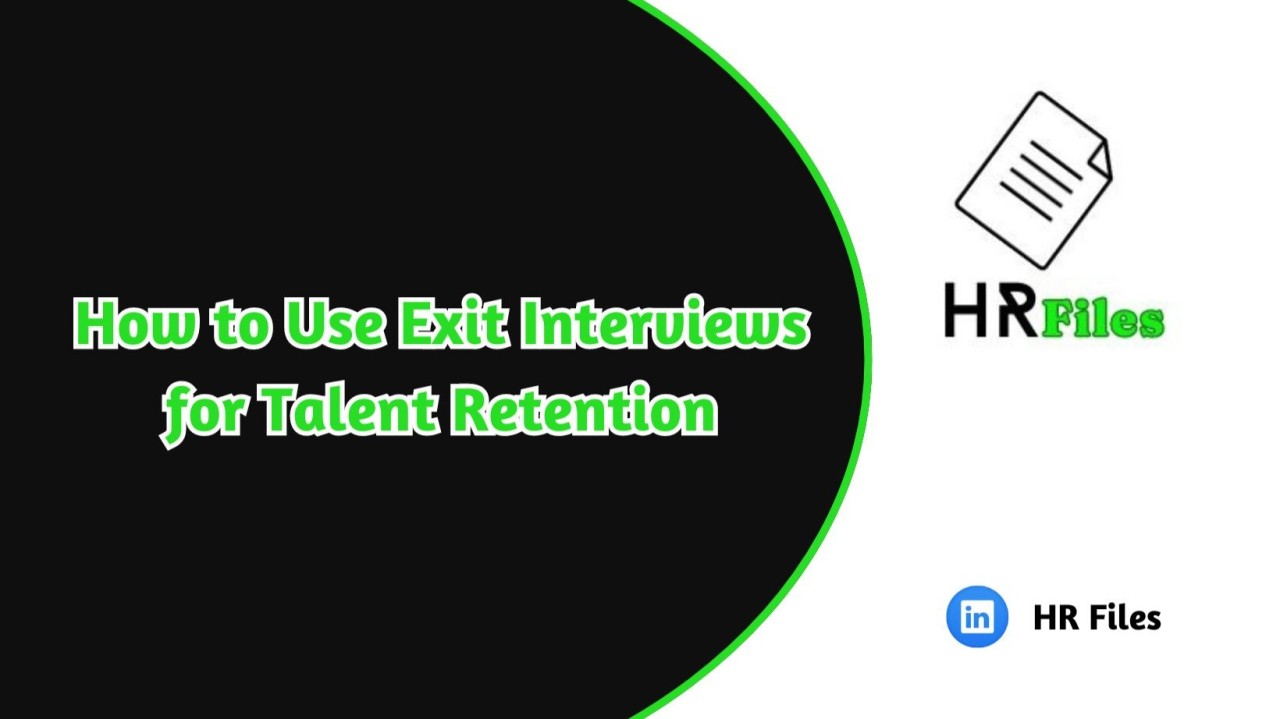
How to Use Exit Interviews for Talent Retention
Robert Sakayo
Talent Acquisition | Talent Retention | HR Policies & Procedures | Training & Development | Industrial Relations | Employee Engagement | ERP | Compensation & Benefits | Performance Management | OSHA | HR Reporting |
Losing an employee is a costly and discouraging experience, but there are ways to reduce your turnover and improve your retention rate. Exit interviews have long been on the list of top HR trends because of their potential to provide valuable insights into recruitment, employee retention, employee engagement, and employer branding.
Structuring an exit interview effectively is key to obtaining valuable insights. Below are sample questions;
Use a mix of closed and open-ended questions.
a) General Experience
How would you describe your overall experience working here?
What did you enjoy most about your job?
b) Reasons for Leaving
What prompted your decision to leave?
Were there specific events or issues that influenced your choice?
c) Job Satisfaction
How did you feel about your workload and responsibilities?
Were you satisfied with your compensation and benefits?
d) Management and Culture
How would you describe your relationship with your manager?
What are your thoughts on the company culture?
领英推荐
e) Opportunities for Growth
Did you feel there were enough opportunities for professional development?
Were your career goals supported here?
f) Recommendations
What suggestions do you have for improving the workplace?
Is there anything that could have been done to keep you at the company?
g) Final Thoughts
Ask if there’s anything else they’d like to share.
By asking the right questions, you can create a safe space for open dialogue, gather meaningful insights, and ultimately enhance your organization’s work environment.
Once you've completed the exit interview, put the information you receive to good use. Share it with the leaders in the organization, and take the necessary steps to act on the insights gained.
Conclusion
Exit interviews have become a strategic tool that helps organizations attract and retain top talent in today’s competitive employment market. These interviews, originally meant to give closure, now serve two purposes. Forward-thinking firms use data to analyze and fix employee turnover issues and improve the organization.
Volunteer at Picture Youth Organisation
1 个月Very helpful
I empower Social Enterprises and Microfinance in driving efficiency and financial stability | Operation Manager | Business Development | Credit Management | 10+ Years Enhancing Business Performance
1 个月Exit interviews have truly evolved into a powerful tool for organizations, offering valuable insights beyond just closure. The challenge is most organisations don't see the need to leverage on the data collected which will certainly strengthen their culture and long-term success. Robert Sakayo